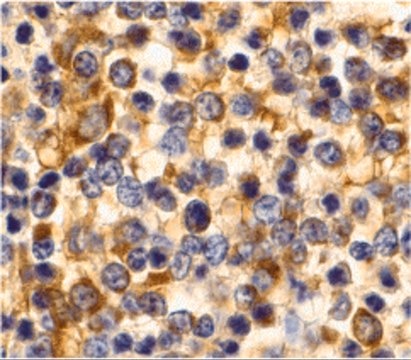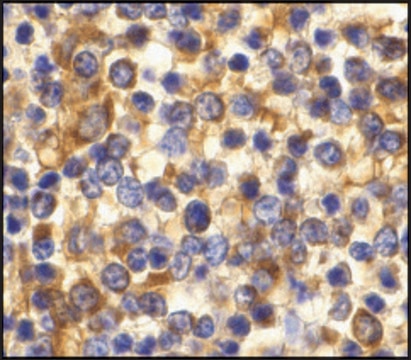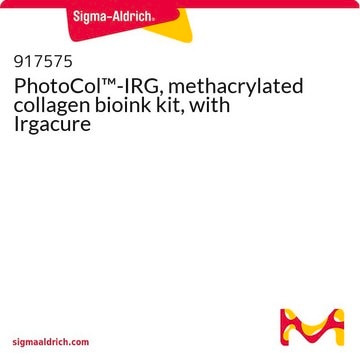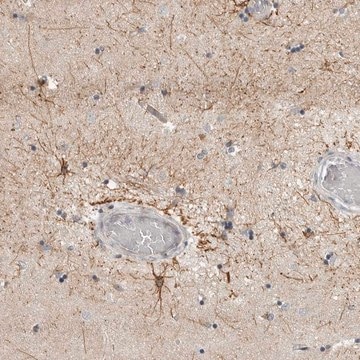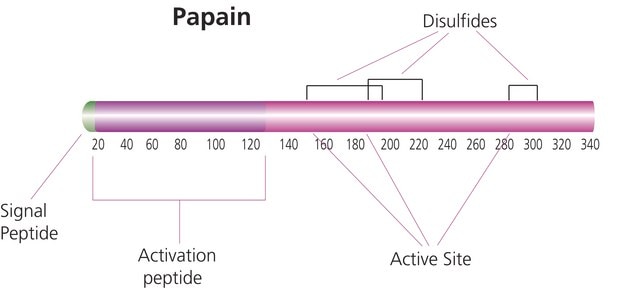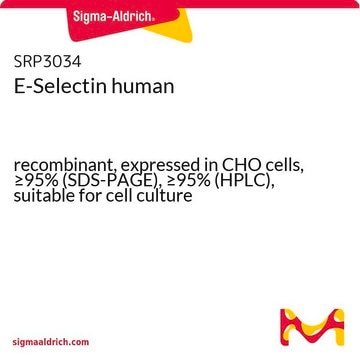AB2232
Anti-Atrial Natriuretic Polypetide Antibody, alpha
from rabbit
Synonym(s):
Atrial natriuretic peptide, natriuretic peptide precursor A, natriuretic peptide precursor A variant 2
About This Item
Recommended Products
biological source
rabbit
Quality Level
antibody form
purified antibody
antibody product type
primary antibodies
clone
polyclonal
species reactivity
rat, mouse, human
technique(s)
western blot: suitable
NCBI accession no.
UniProt accession no.
shipped in
wet ice
target post-translational modification
unmodified
Gene Information
human ... NPPA(4878)
General description
Specificity
Immunogen
Application
Immunohistochemistry:
1:50-1:500 on paraffin embedded tissue.
Optimum dilutions need to be determined by the end user.
Neuroscience
Neurotransmitters & Receptors
Quality
Target description
Physical form
Storage and Stability
Handling Recommendations: Prior to removing the cap, gently centrifuge the vial and gently mix the solution.
Analysis Note
Rat Heart
Other Notes
Disclaimer
Still not finding the right product?
Give our Product Selector Tool a try.
wgk_germany
WGK 1
flash_point_f
Not applicable
flash_point_c
Not applicable
Certificates of Analysis (COA)
Search for Certificates of Analysis (COA) by entering the products Lot/Batch Number. Lot and Batch Numbers can be found on a product’s label following the words ‘Lot’ or ‘Batch’.
Already Own This Product?
Find documentation for the products that you have recently purchased in the Document Library.
Our team of scientists has experience in all areas of research including Life Science, Material Science, Chemical Synthesis, Chromatography, Analytical and many others.
Contact Technical Service
